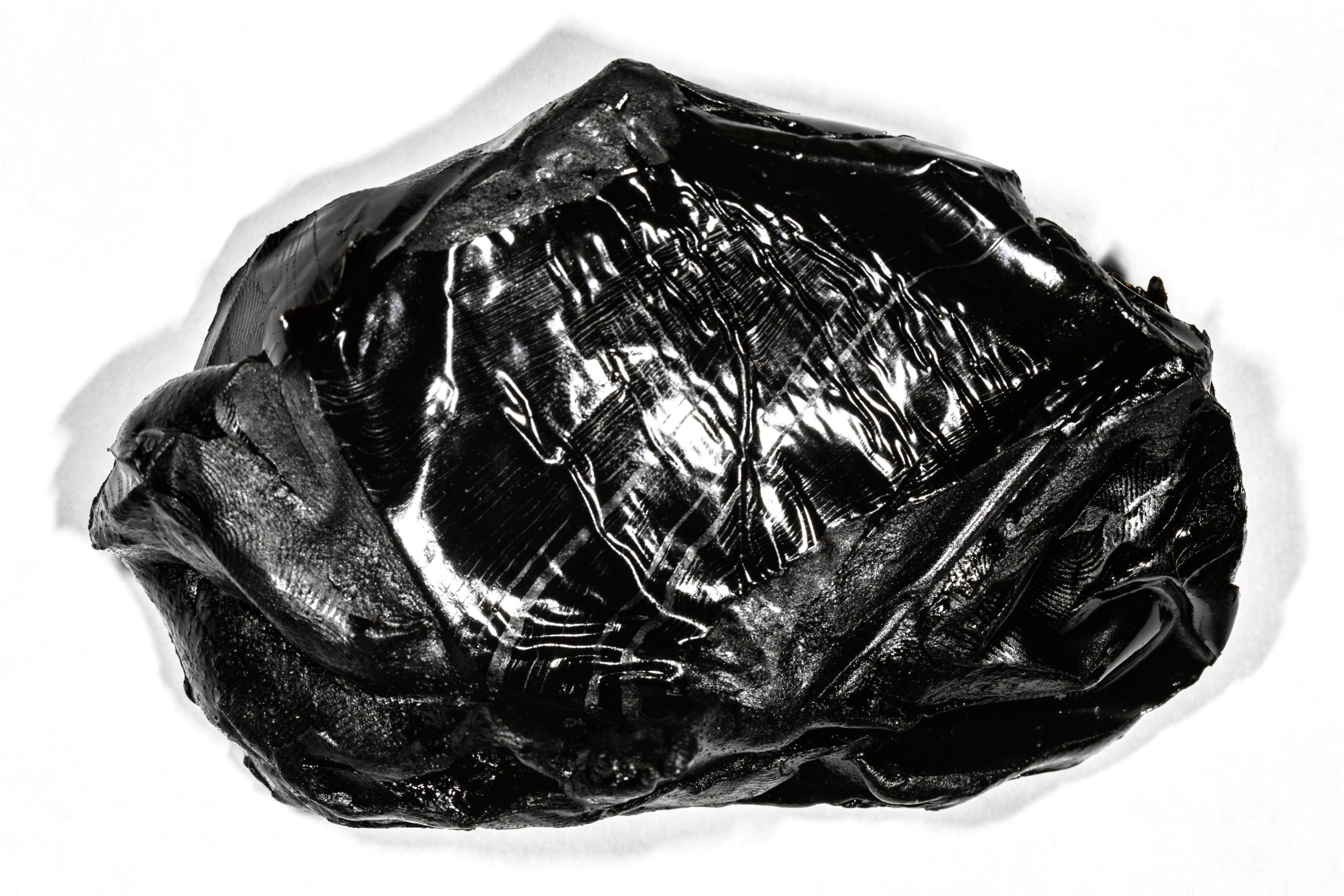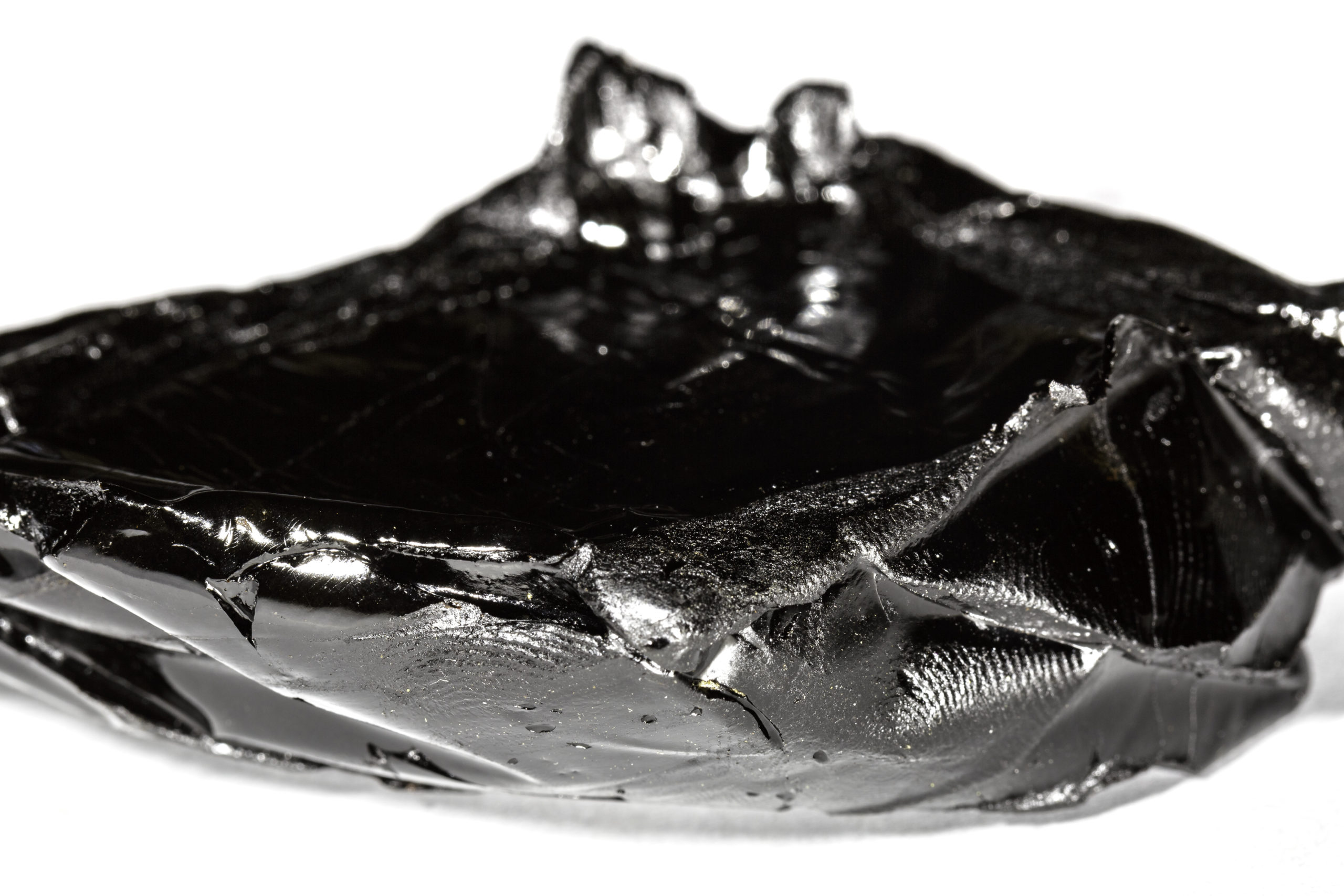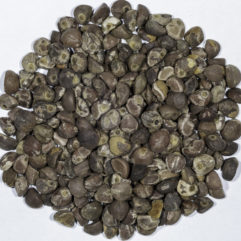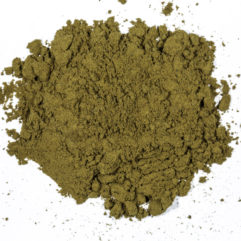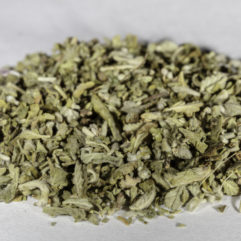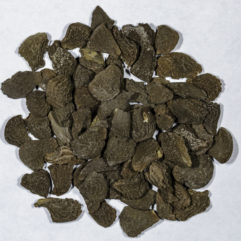Description
Leonotis leonurus is a broadleaf evergreen shrub that is a member of the mint family. A mature plant can reach heights up to 6 feet tall. Leonotis leonurus has tubular orange flowers in tiered whorls. The flowers begin to appear in early summer. In warmer climates Leonotis leonurus will continue to bloom until winter. The long leaves of Leonotis leonurus are aromatic when crushed. This species is native to countries in south Africa, but is grown ornamentally around the world. Leonotis leonurus also goes by the common names Wild Dagga and Lion’s Tail.
Leonotis leonurus has a long history of medicinal use. The Khoikhoi in southwestern Africa used Leonotis leonurus for it’s relaxing properties, for mild pain relief, and to relieve itching. Infusions made from flowers and seeds, leaves or stems are widely used to treat tuberculosis, jaundice, muscle cramps, high blood pressure, diabetes, viral hepatitis, dysentery, and diarrhoea. The leaves, roots and bark are used as an emetic for snakebites, bee and scorpion stings. The fresh stem juice is used as an infusion drunk for ‘blood impurity’ in some places of South Africa.
The main psychoactive component of Wild Dagga is leonurine. Leonurine has been shown to have both antioxidant and cardioprotective properties and has shown to significantly improve myocardial function. Extracts made from the leaves of Leonotis leonurus have been shown to posses anti-nociceptive, anti-inflammatory, and hypoglycemic properties.
*These products have not been evaluated by the Food and Drug Administration and therefore we cannot claim to diagnose, treat, cure, or prevent any disease. All information on our site is provided for historical background and educational purposes only.
